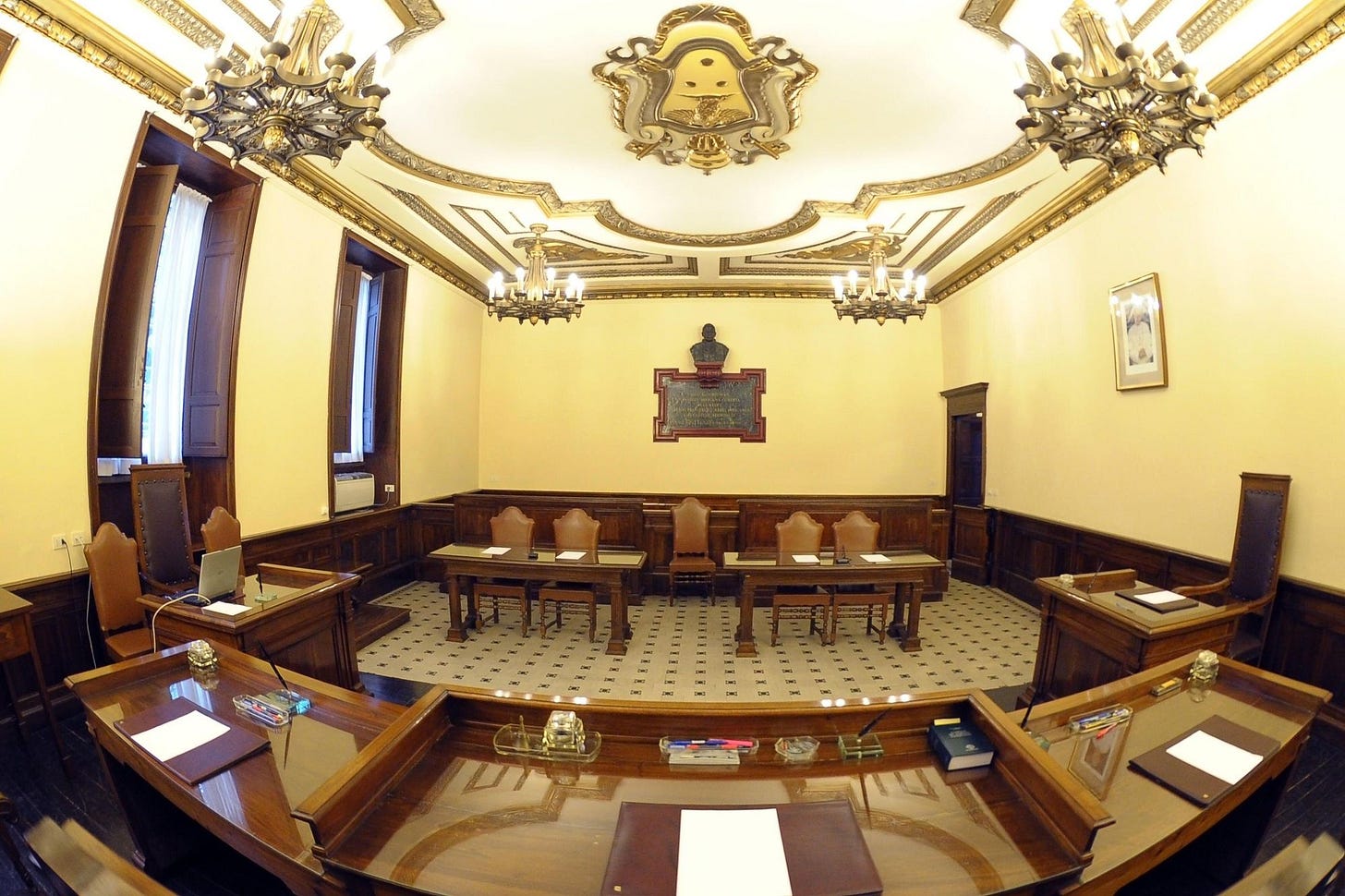The Catch-22 of Vatican City justice
If the former Vatican auditor loses his wrongful dismissal suit, his appeal may end up proving a systemic flaw in Vatican City justice
The Vatican’s former auditor general filed an appeal Tuesday, against a Vatican City court’s January decision to reject his wrongful dismissal lawsuit.
The case of Libero Milone, who was forced from office in 2017 under public threat of prosecution, remains a thorn in the side of…

